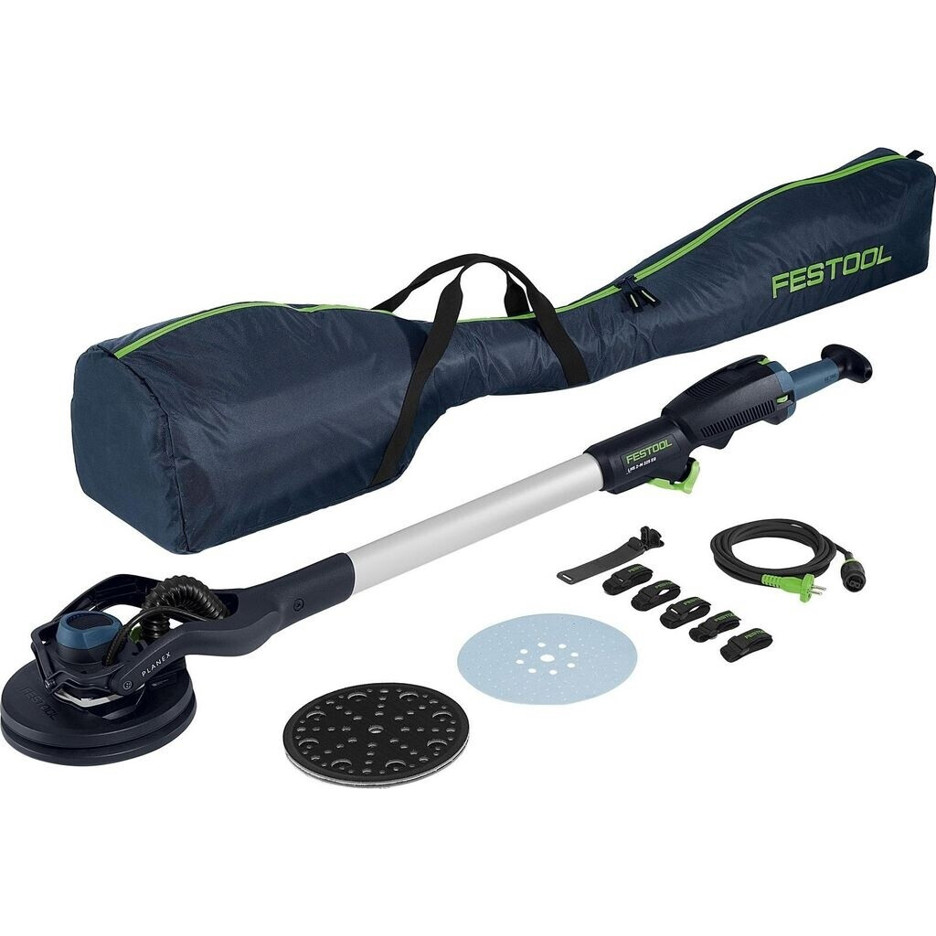
Akku Schlagschrauber Angebot
Add a review FollowOverview
-
Founded Date November 6, 1926
-
Sectors Automotive
-
Posted Jobs 0
-
Viewed 10
Company Description
What Is Buy A Compressor For The Garage? History Of Buy A Compressor For The Garage
Buy a Compressor for the Garage: A Guide to Choosing the Right One
A garage is more than just a storage unit or parking area; it’s a workshop, a repair work station, and sometimes, even an innovative studio. One tool that can substantially enhance its functionality is a compressor. Whether you’re inflating tires, powering pneumatic tools, or painting with precision, a compressor is a versatile investment. This blog post explores the important factors to consider when purchasing a compressor for your garage, its uses, and some frequently asked questions.
Comprehending Compressors
What is a Compressor?A compressor is a gadget that converts power (utilizing an electric motor, diesel, or gas engine) into possible energy saved in pressurized air. This compressed air can then power numerous tools and devices, making it a staple for many garage enthusiasts.
Types of Compressors
The initial step in choosing the best compressor is understanding the types available. There are numerous types, each suited for various applications:
| Type | Description | Suitable Uses |
|---|---|---|
| Piston (Reciprocating) | Uses a piston to compress air | General-purpose, medium-duty jobs |
| Rotary Screw | Uses two rotors to compress air continuously | Industrial applications, high-duty usage |
| Diaphragm | Utilizes a diaphragm to compress air | Low-volume jobs, such as paint spraying |
| Portable | Light-weight and frequently battery-powered | Pumping up tires, powering small tools |
| Oil-Free | No oil is used in the compression process | Minimal maintenance, clean environments |
Secret Factors to Consider
-
Source of power
- Electric: Ideal for indoor usage, typically quieter, and needs less maintenance.
- Gasoline/Diesel: More powerful and portable, however noisier and not appropriate for indoor usage.
-
Horsepower (HP)
- A greater horse power score usually indicates more power and faster recovery time, however consider your need carefully, Myntek as higher HP typically suggests a greater price tag.
-
CFM (Cubic Feet per Minute) Rating
- This indicates the compressor’s air shipment ability. Tools have different CFM requirements, so make sure the compressor fulfills these for your intended uses.
-
Tank Size
- Bigger tanks save more compressed air and decrease the need for the compressor to run continuously. Consider your use period: bigger tanks are ideal for extended tasks.
-
Mobility
- Depending upon whether you require to move your compressor around the garage or to various task websites, think about weight, size, and wheel style for ease of transport.
Recommended Compressors for the Garage
Here’s a take a look at some popular compressor models that are well-regarded among hobbyists and specialists alike.
| Design | Source of power | CFM at 90 PSI | Tank Size | Price Range | Perfect For |
|---|---|---|---|---|---|
| DeWalt D55146 | Electric | 5.0 | 4.5 Gallons | ₤ 350 – ₤ 400 | General purpose, framing nailers |
| Makita MAC2400 | Electric | 4.2 | 4.2 Gallons | ₤ 300 – ₤ 350 | Indoor usage, low sound |
| California Air Tools 6010L | Electric | 3.10 | 6.0 Gallons | ₤ 200 – ₤ 250 | Low sound, little jobs |
| Porter-Cable PXCMLC3708106 | Electric | 3.7 | 6.0 Gallons | ₤ 200 – ₤ 250 | Budget-friendly, DIY tasks |
| Bostitch BTFP3KIT | Electric | 3.2 | 6.0 Gallons | ₤ 150 – ₤ 200 | Versatile use, nail weapons |
Budgeting for a Compressor
When budgeting for a garage compressor, consider the following:
-
Initial Cost: Prices can vary significantly based upon the type, brand name, and requirements of the compressor. Generally, expect to pay in between ₤ 150 and ₤ 1,500.
-
Maintenance Costs: Regular upkeep like oil changes (if applicable) and routine part replacements can incur extra costs.
-
Usage Costs: Consider the energy consumption of the compressor. An electric design will have a slight boost in your power bill, while gas designs have fuel expenses.
Regularly Asked Questions (FAQ)
1. Can I utilize a compressor inside your home?
Yes, however it depends upon the type. Electric compressors are normally safe for indoor usage as they do not discharge exhaust fumes. Gas or diesel designs need to only be utilized outdoors.
2. What size compressor do I need for air tools?
The size depends upon the tools you prepare to utilize. Normally, the majority of air tools require a compressor that can deliver between 4 and 7 CFM at 90 PSI. Always check your individual tools’ specs for their specific requirements.
3. How do I preserve my compressor?
Maintenance includes monitoring and changing the oil (for oil-lubricated designs), cleaning up the air filter, draining the tank occasionally to avoid wetness accumulation, and checking tubes and fittings for leaks.
4. Are oil-free compressors worth it?
Oil-free compressors are convenient as they need less maintenance and are cleaner for applications like painting. However, they may not last as long as oil-lubricated designs under heavy use.
5. What can I power with a compressor?
Compressors can power numerous tools, consisting of impact wrenches, nail weapons, spray weapons, grinders, and even blowers. They are incredibly versatile for both vehicle and DIY applications.
Investing in a compressor can significantly boost the utility of a garage, turning it into a dream office for both lovers and specialists. Despite the jobs you carry out, choosing the ideal compressor based on your source of power, size requirements, and specific applications will ensure you get the best worth for your money. With this guide and the outlined choices, you are well-equipped to make a notified purchase choice and release the complete potential of your garage.


